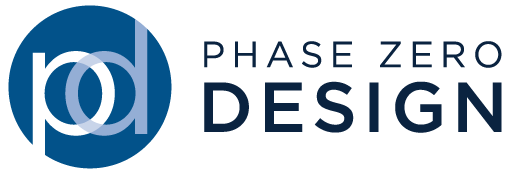

Chris has anxiously begun working in the architectural industry during his first year in college. Today he is incredibly well-rounded, has obtained a Masters of Architecture, and uses his knowledge and collaboration skills to successfully complete the design and development of a large variety of project types. His experiences includes all phases of design, documentation, and project management of projects with clients within the academic, retail, commercial, and public/private multi-family housing sectors.
Chris’s passion for architectural design is evident in his everyday life. Chris takes great pride in developing design sketches and pointing out constructed projects to his friends and family where those sketches have become a reality.
What is the most important tool of your trade, and why?
I know this is cliché but I would say trace paper. If you had asked me this question years ago I likely would have mentioned some form of computer aided drafting, but as I’ve learned over the years, trace paper has become a stronger tool. Trace paper has taught me how to draw better, trace paper has help me express my thoughts where I can’t verbally describe, and trace paper has allowed me to explore multiple ideas faster than any other tool so that I may arrive at a well thought out conclusion.
What inspires you most about your field?
Competition. Well, not in the traditional sense, but following many creative an intelligent architects on social media inspires me to be a better architect. Great design appears to be the culmination of creativity, technology, natural resources, sustainability, etc. and I believe its our duty to assist our clients in spinning these ideas into a meaningful project.
How do you define the success of a project?
A successful project is defined by both a happy client and innovative design. A client is usually happy when the project is within budget, the schedule is met, the design program is satisfied, and the project design is often sprinkled with surprises of ideas the client never knew they wanted. Being innovative is equally important because it not only adds to the value of a building, increases happiness of your client, but also represent you as an industry leader. Both successes have proven time again to shape Phase Zero Design as a successful firm.


